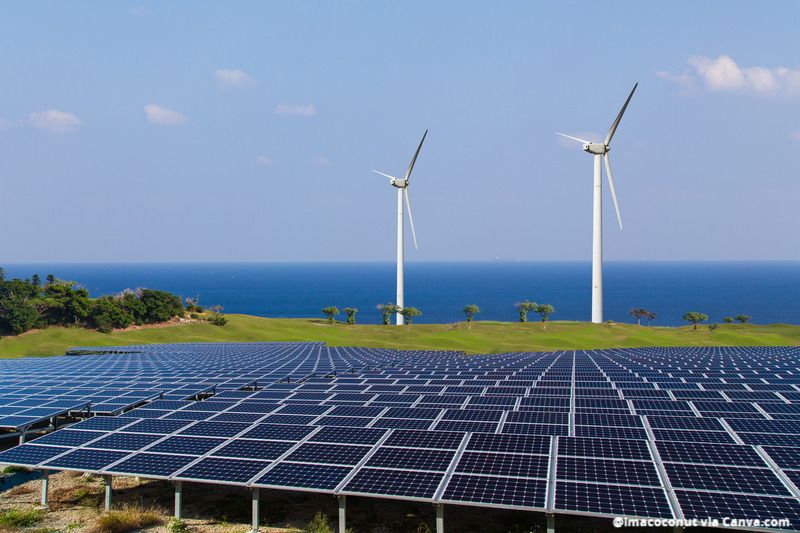
Similarly to the US, which is considering raising trade barriers to prevent China from dominating the clean tech market, the European Union is toughening its public procurement rules to avoid undue Chinese influence, as recent developments in the wind and solar sector have shown. On 3 April 2024, the European Commission announced the launch of an investigation on whether foreign subsidies allowed two Chinese firms to submit unfair bids for a public contract awarding the construction of a solar park in Romania, with an installed power of 110 megawatts, partly financed under the EU Modernisation Fund.
The probe falls under the Foreign Subsidies Regulation (FSR), a new set of rules which started to apply in July 2023, and aims to tackle market distortions caused by foreign subsidies. It notably allows the investigation of bids in public procurement procedures when the estimated contract value is at least €250 million, and the bid involves a foreign financial contribution of at least €4 million.
The investigation will give the European Commission the opportunity to assess the potential subsidies received by the firms and whether they gave them an undue advantage in the tender competition. A Chinese company earlier faced with a similar probe regarding a railway project in Bulgaria had decided to pull out of the tender altogether. But depending on the findings, there are three potential outcomes, which the Commission will have 110 days to disclose: the companies remedy the distortion; the awarding of the contract is prohibited; no wrongdoing is observed, and no objection is formulated.
For now, the European Commission is not considering systematic tariffs on Chinese imports, but is still actively equipping itself with more legislative tools which could reduce China’s competitive advantages in accessing the EU’s clean tech market. Beyond the competitiveness factor, the EU’s actions are also motivated by increasing cybersecurity concerns, leading EU officials to consider a restriction of foreign wind turbines, echoing similar recommendations that saw ten EU countries bar China’s Huawei from 5G networks.
Just as a Chinese wind turbine manufacturer won a tender in Serbia at the end of 2023, raising concerns, the European Commission announced the European Wind Power Package which should provide EU countries with tools to exclude foreign companies from public procurements based on “pre-qualification” criteria, including cybersecurity. Indeed, two scenarios are mostly feared: that data from the turbine sensors could be sent to third countries, or the possibility of controlling the turbines remotely and thus influencing the power markets.
The entry into force of the Net-Zero Industry Act should allow the bloc to regulate further market access criteria for clean technologies, and therefore protect the sector from foreign interference and unfair competition. Indeed, the compromise reached on the text will require public authorities to consider non-financial parameters in public auctions and public procurement contracts, such as sustainability, cybersecurity, resilience, responsible business conduct, and ability to deliver projects fully and on time. The presentation of a delegated act by the European Commission to define specific requirements is currently awaited.
Pushing to go further, European industries have pointed out that such criteria should apply not only to public endeavours but also to non-auction projects, as clean tech initiatives are increasingly being developed with private funds and would currently not be subjected to these industrial policy rules.